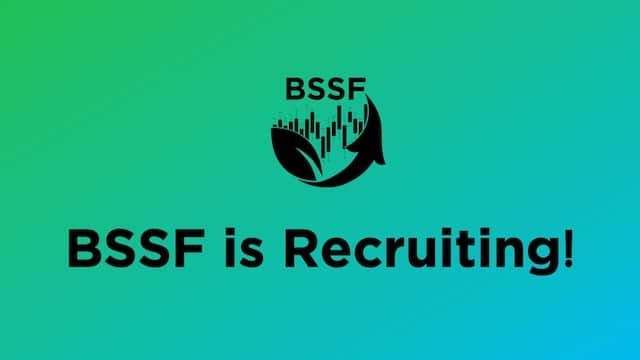The Intersection of Securitization and Sustainability in Global Finance
The intersection of securitization and sustainability is crucial in today’s global finance. As the industry navigates environmental, social, and governance (ESG) challenges, understanding synthetic versus true sale securitization is key. The EU Taxonomy Regulation highlights factors for sustainable securitization, vital for market growth. Sun King and Citi’s $130 million off-grid solar finance deal in Kenya exemplifies this progress. Integrating ESG into credit ratings and addressing green bond challenges are essential for a sustainable financial future.
Embracing Sustainability: The Next Big Revolution in Business
Sustainability is the next major revolution in business, reshaping operations and presenting challenges. Companies can create value and gain a competitive edge by strategically transitioning to a net-zero environment. Early adoption of sustainable practices enhances reputation, customer loyalty, and resilience while mitigating risks. Balancing sustainability with profitability is key for long-term success.
Regulatory Developments in ESG Reporting and Their Implications for Businesses
The focus on Environmental, Social, and Governance (ESG) factors has surged, leading to significant regulatory changes worldwide. Key developments include the EU’s Corporate Sustainability Reporting Directive (CSRD), the US SEC’s enhanced ESG disclosure requirements, and the UK’s mandate for TCFD-aligned reporting. These regulations aim to standardize ESG reporting, ensuring transparency and accountability. While compliance may increase costs, it offers benefits such as improved risk management, better investor relations, and strategic alignment with sustainability goals. Businesses that integrate ESG into their core strategies are better positioned to thrive in this evolving landscape.
Derivative pricing using ESG
Integrating Environmental, Social, and Governance (ESG) criteria into derivative pricing is transforming financial markets. This approach reflects the significant impact of ESG factors on investment performance and risk. ESG derivatives, including Sustainability-Linked Derivatives, ESG-related credit derivatives, catastrophe derivatives, and ESG index derivatives, are becoming increasingly prevalent. Their pricing involves traditional models adjusted for ESG factors, and the regulatory landscape is evolving to support their growth. ESG derivatives offer innovative tools for managing ESG-related financial risks and promoting sustainable practices in the global economy.
JAPAN’S CLIMATE COMMITMENT: NAVIGATING THE NEW ERA OF CARBON MARKETS

Explore Japan’s ambitious climate goals and the new emission trading system (ETS). Learn about carbon markets, the Green Growth Strategy, and how Japan aims for net-zero emissions by 2050.
First emission of green bond in the nuclear sector

Bruce Nuclear Generating Station is a nuclear power station located on the eastern shore of Lake Huron in Ontario, Canada. On the date of 23 November 2021, it has made a relevant announcement, the issuance of $500 million bonds. The news is that this issuance will consist of green bonds, the first one emitted in the nuclear power sector. Civilian nuclear power […]
Bitcoins consume more energy than Argentina!

Bitcoins consume more energy than Argentina! In mid-February, the Cambridge Center for Alternative Finance published the Bitcoin Electricity Consumption index, an online tool assessing Bitcoin’s consumption of electric energy to that of countries. The evaluation was conducted calculating the total USD mining revenues, then estimating the part spent on electricity and average cost per KiloWatt […]
The optimization of logistics according to Ermes-X

Bocconi Students for Sustainable Finance has had the opportunity to start a collaboration with the VGen Mi team, a student association that aims at realizing researches in different sectors and sharing them with startups and innovators. Some members of the two associations had the chance to interview Eglis Mella, one of the three young co-founders […]
Prada, the first luxury industry brand to sign sustainability-linked loan

Prada is an Italian luxury fashion house founded in 1913 by Mario Prada and his brother Martino. Today Prada designs, manufactures, promotes and sells high-end leather goods, ready-to-wear and footwear through various brands, and it is one of the most popular luxury brands in the world. But Prada is also a company who is paying […]
BSSF is recruiting!

Bocconi Students for Sustainable finance is recruiting! The second semester has started and BSSF is looking forward to grow and recruit new members to continue its mission. We are looking for new students who – like us – are interested in the issue of sustainable development, especially from a financial viewpoint. Our association is organized […]
